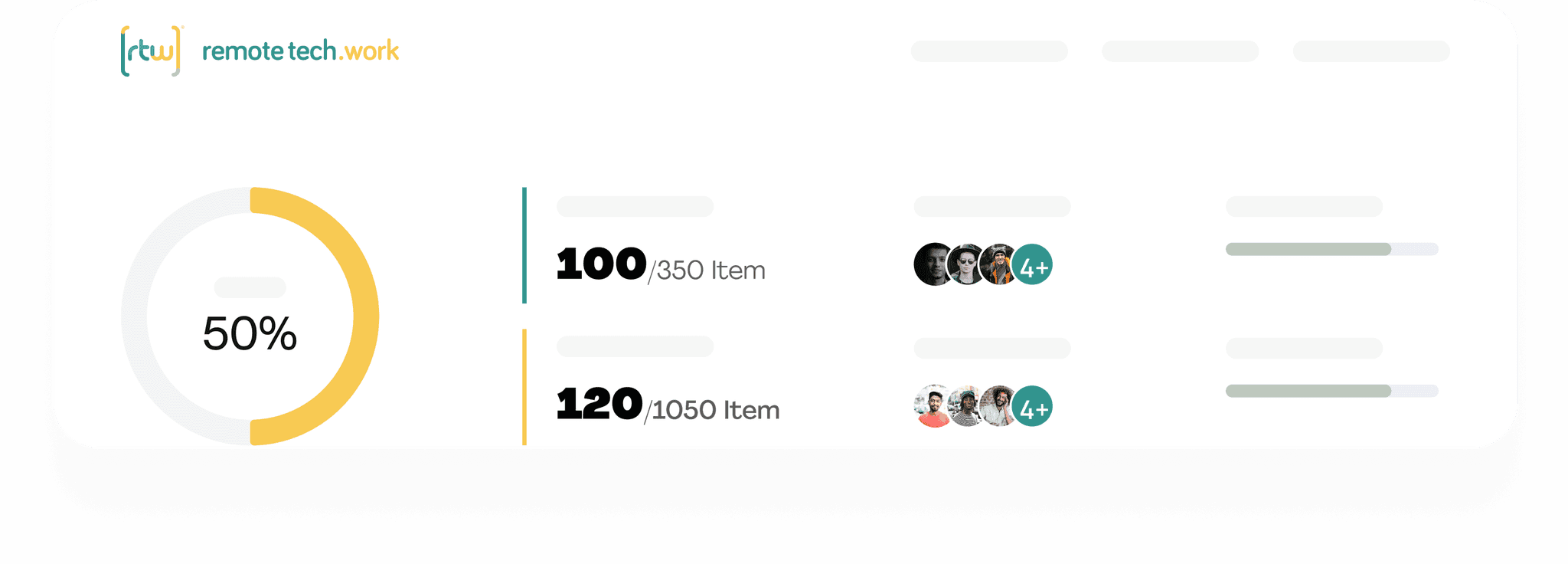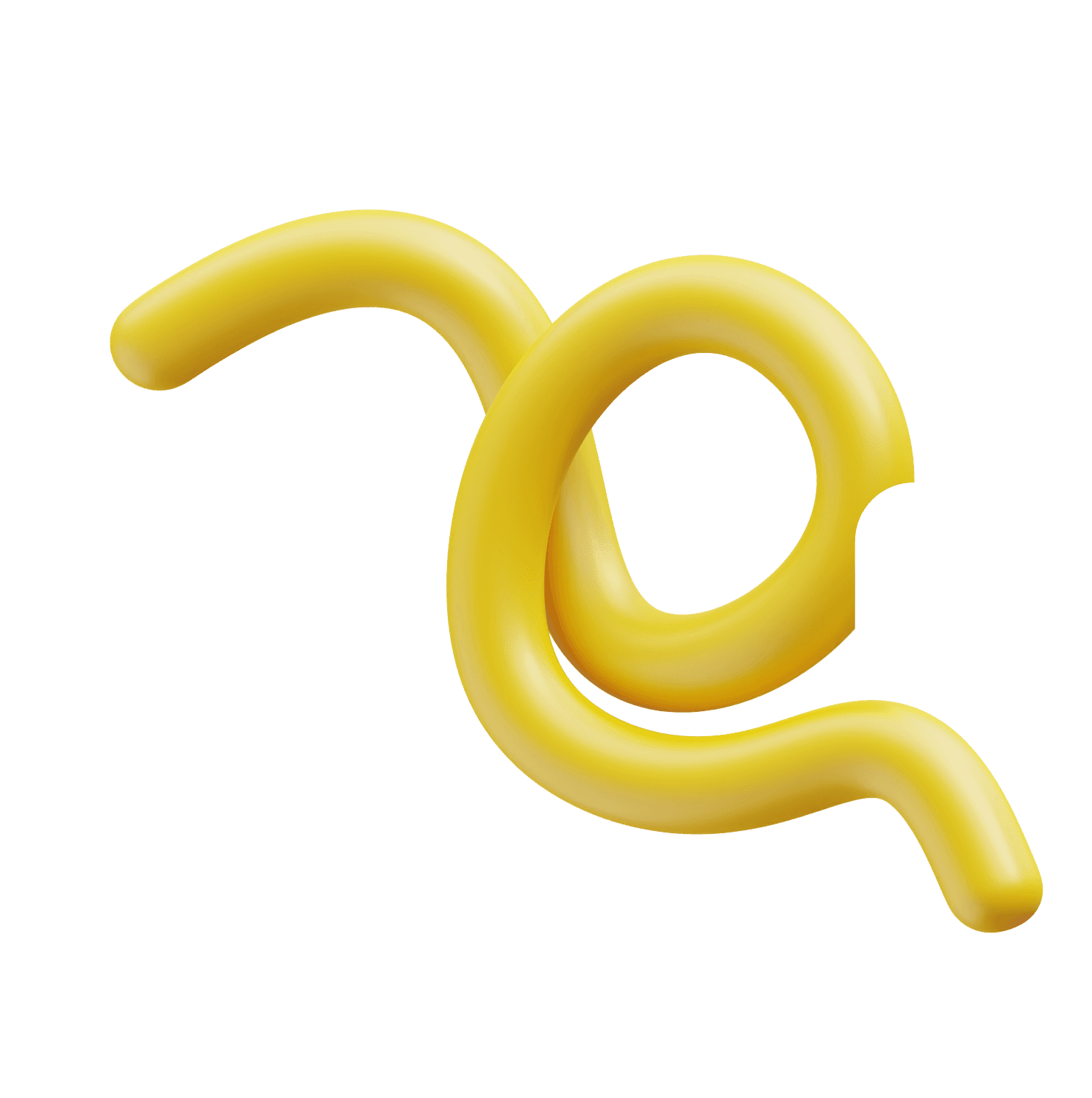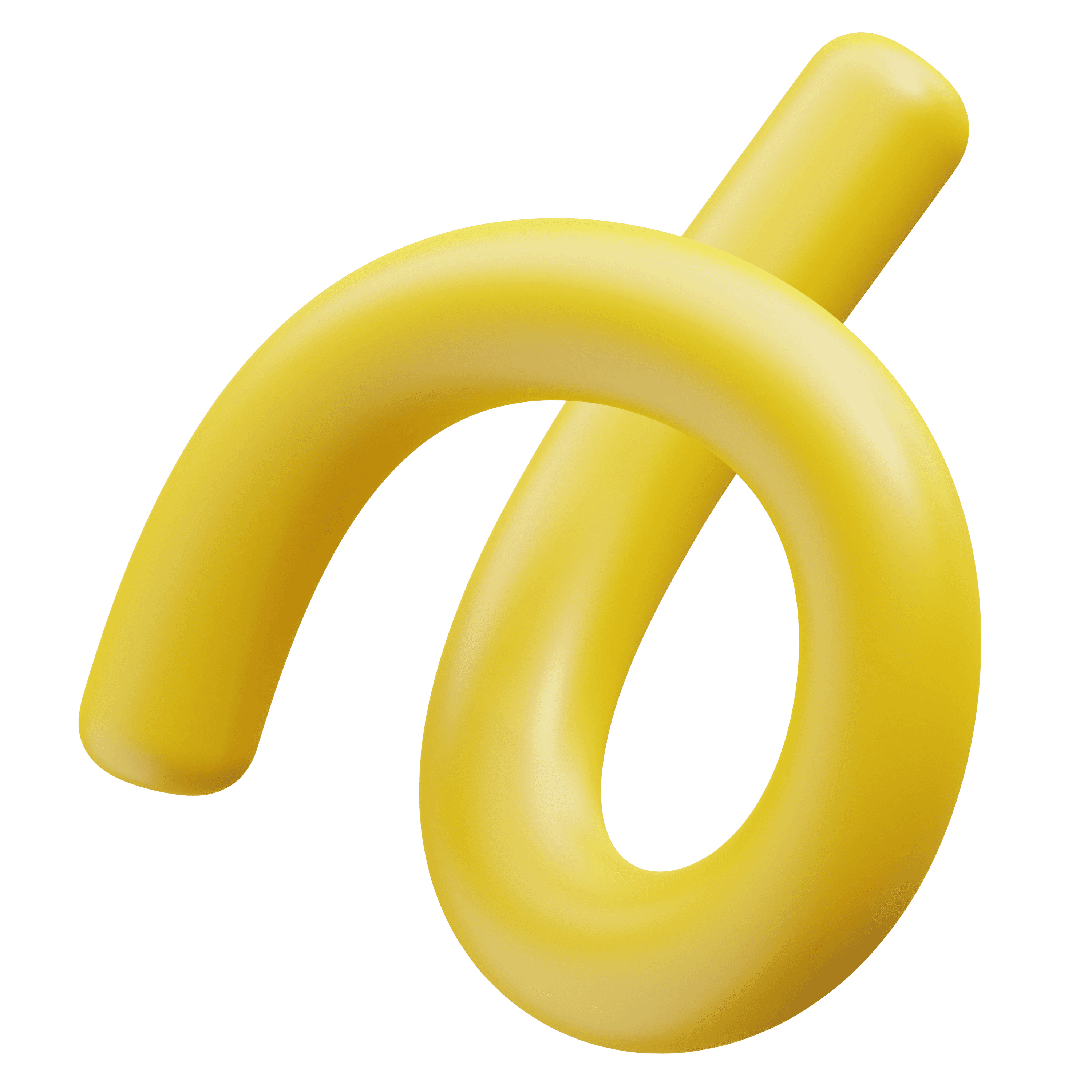DESCRIPTION
DESCRIPTION
DESCRIPTION
PHP, which stands for "PHP: Hypertext Preprocessor," is a popular server-side scripting language designed for web development. Created by Rasmus Lerdorf in the mid-1990s, PHP has evolved into a versatile and widely-used language for building dynamic and interactive web applications. It is embedded within HTML code and executed on the server, generating dynamic web pages by processing and interacting with databases, files, and user inputs. PHP's strength lies in its ability to seamlessly integrate with various databases, web servers, and operating systems, making it a versatile choice for web development.
One of PHP's key features is its simplicity and ease of use, making it accessible to both beginner and experienced developers. PHP offers a vast ecosystem of pre-built functions and libraries, allowing developers to perform a wide range of tasks, from handling user authentication and form processing to generating dynamic content and interacting with databases like MySQL and PostgreSQL. It is a foundational technology for popular web applications, content management systems (CMSs) like WordPress, and e-commerce platforms like WooCommerce. With its broad community support, PHP remains a valuable language for web development and continues to play a crucial role in the creation of dynamic and interactive websites.
PHP, which stands for "PHP: Hypertext Preprocessor," is a popular server-side scripting language designed for web development. Created by Rasmus Lerdorf in the mid-1990s, PHP has evolved into a versatile and widely-used language for building dynamic and interactive web applications. It is embedded within HTML code and executed on the server, generating dynamic web pages by processing and interacting with databases, files, and user inputs. PHP's strength lies in its ability to seamlessly integrate with various databases, web servers, and operating systems, making it a versatile choice for web development.
One of PHP's key features is its simplicity and ease of use, making it accessible to both beginner and experienced developers. PHP offers a vast ecosystem of pre-built functions and libraries, allowing developers to perform a wide range of tasks, from handling user authentication and form processing to generating dynamic content and interacting with databases like MySQL and PostgreSQL. It is a foundational technology for popular web applications, content management systems (CMSs) like WordPress, and e-commerce platforms like WooCommerce. With its broad community support, PHP remains a valuable language for web development and continues to play a crucial role in the creation of dynamic and interactive websites.
Recommended Skills
Recommended Skills
Recommended Skills
A PHP developer should possess a combination of technical and soft skills to excel in web development using the PHP programming language. Here's a list of key skills and knowledge areas for a PHP developer:
Proficiency in PHP: A strong understanding of PHP language features, syntax, and its integration with HTML and other web technologies.
Web development: Familiarity with web development concepts, including front-end technologies like HTML, CSS, and JavaScript, to create dynamic and interactive web applications.
PHP frameworks: Knowledge of popular PHP frameworks like Laravel, Symfony, CodeIgniter, and Yii for rapid application development and code organization.
Database interaction: Proficiency in using PHP to interact with databases, including MySQL, PostgreSQL, or NoSQL databases, for data retrieval and storage.
Object-oriented programming (OOP): Mastery of OOP principles in PHP to create modular and maintainable code.
Version control: Proficiency in using Git or other version control systems for collaborative development and code management.
CMS systems: Familiarity with content management systems (CMS) like WordPress and Drupal, as well as the ability to customize and develop extensions or plugins.
API integration: Knowledge of integrating third-party APIs, web services, and libraries into PHP applications for additional functionality.
Security best practices: Awareness of PHP security principles, including data validation, protection against SQL injection, and other common web vulnerabilities.
A PHP developer should possess a combination of technical and soft skills to excel in web development using the PHP programming language. Here's a list of key skills and knowledge areas for a PHP developer:
Proficiency in PHP: A strong understanding of PHP language features, syntax, and its integration with HTML and other web technologies.
Web development: Familiarity with web development concepts, including front-end technologies like HTML, CSS, and JavaScript, to create dynamic and interactive web applications.
PHP frameworks: Knowledge of popular PHP frameworks like Laravel, Symfony, CodeIgniter, and Yii for rapid application development and code organization.
Database interaction: Proficiency in using PHP to interact with databases, including MySQL, PostgreSQL, or NoSQL databases, for data retrieval and storage.
Object-oriented programming (OOP): Mastery of OOP principles in PHP to create modular and maintainable code.
Version control: Proficiency in using Git or other version control systems for collaborative development and code management.
CMS systems: Familiarity with content management systems (CMS) like WordPress and Drupal, as well as the ability to customize and develop extensions or plugins.
API integration: Knowledge of integrating third-party APIs, web services, and libraries into PHP applications for additional functionality.
Security best practices: Awareness of PHP security principles, including data validation, protection against SQL injection, and other common web vulnerabilities.
Our Talent Acquisition Process
Our Talent Acquisition Process
Our Talent Acquisition Process
We will walk you through our process during the days/weeks according to your agenda availability. Feedback will be present whether we move forward or not with your application. There are, in general, a challenge (60’ average each), two calls (45’ average each), and a Tech Interview for you to reach the final Offer Call.
We will walk you through our process during the days/weeks according to your agenda availability. Feedback will be present whether we move forward or not with your application. There are, in general, a challenge (60’ average each), two calls (45’ average each), and a Tech Interview for you to reach the final Offer Call.






HOW TO
GET STARTED
Sign up for our developer platform to begin working remotely
DEVELOPMENT
SOFTWARE
Remote Tech Work Ltd is a company registered in England and Wales (No.16127490).
Our address is Orion House Office 774, Bessemer Road, Welwyn Garden City, AL7 1HH. 2025
Remote Tech Work. All right reserved.
DEVELOPMENT
SOFTWARE
Remote Tech Work Ltd is a company registered in England and Wales (No.16127490).
Our address is Orion House Office 774, Bessemer Road, Welwyn Garden City, AL7 1HH. 2025
Remote Tech Work. All right reserved.
DEVELOPMENT
SOFTWARE
Remote Tech Work Ltd is a company registered in England and Wales (No.16127490).
Our address is Orion House Office 774, Bessemer Road, Welwyn Garden City, AL7 1HH. 2025
Remote Tech Work. All right reserved.
DEVELOPMENT
SOFTWARE
Remote Tech Work Ltd is a company registered in England and Wales (No.16127490).
Our address is Orion House Office 774, Bessemer Road, Welwyn Garden City, AL7 1HH. 2025
Remote Tech Work. All right reserved.
DEVELOPMENT
SOFTWARE
Remote Tech Work Ltd is a company registered in England and Wales (No.16127490).
Our address is Orion House Office 774, Bessemer Road, Welwyn Garden City, AL7 1HH. 2025
Remote Tech Work. All right reserved.

